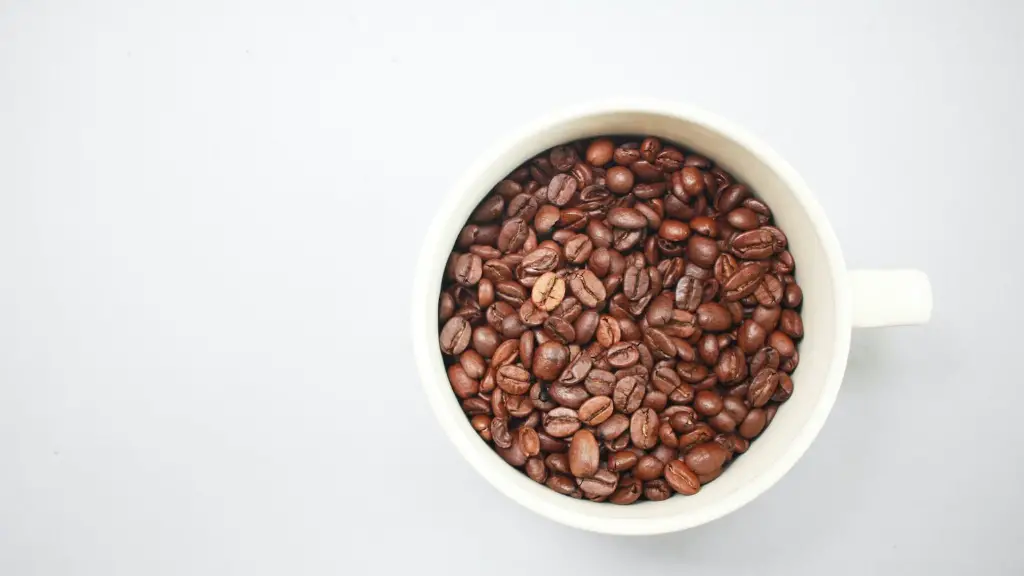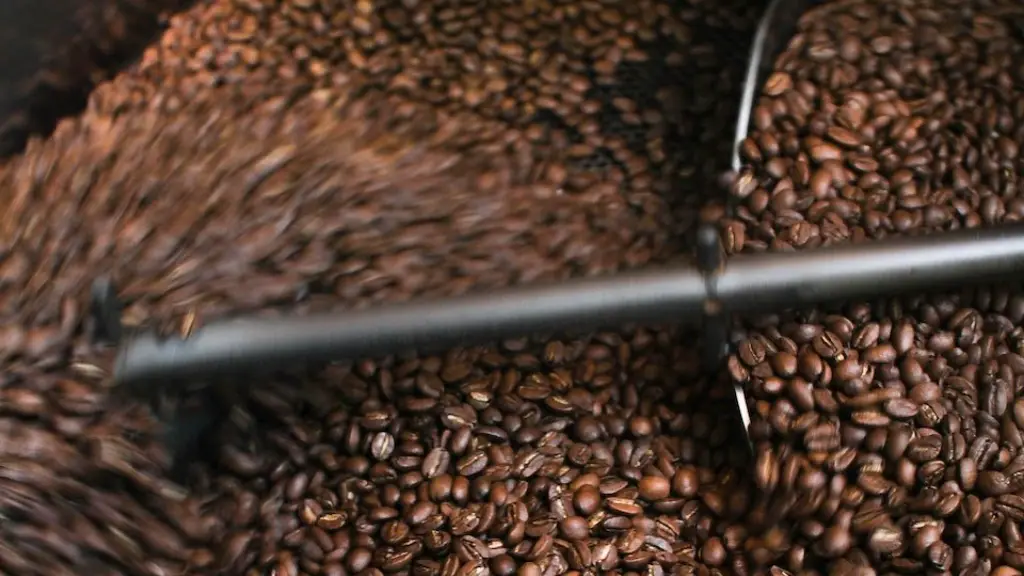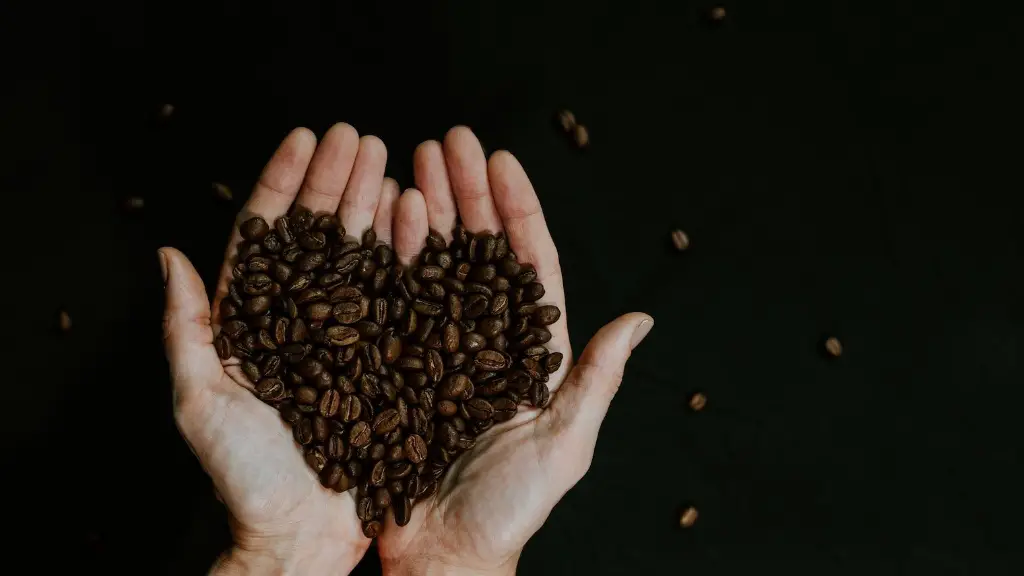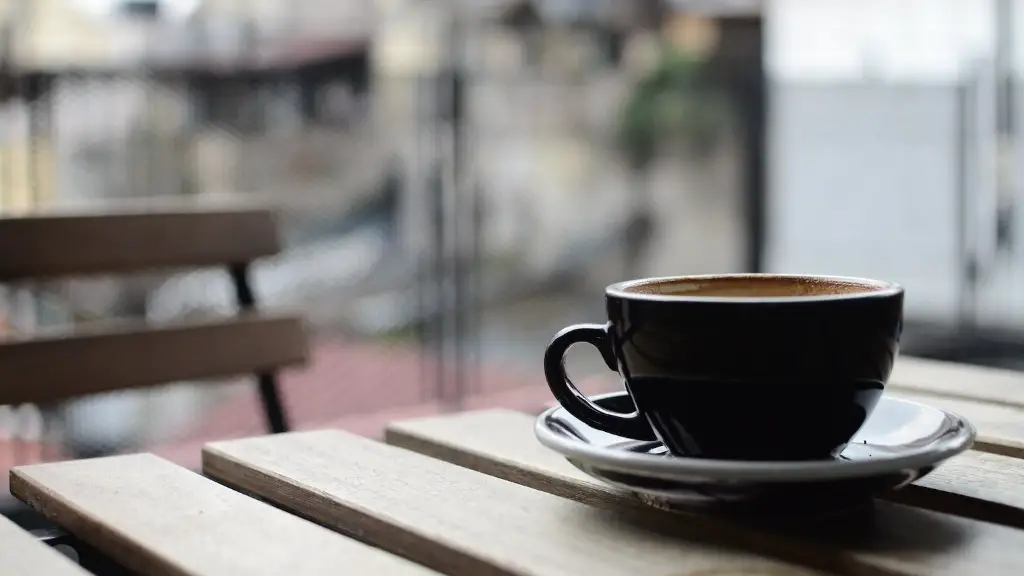What Is Blood Work?
Blood work, more formally referred to as a blood test, is when a medical professional takes a sample of your blood to be analyzed for medical purposes. Blood tests are used to assess a variety of elements which can help in the diagnosis and treatment of health issues.
Blood work can be conducted through a variety of methods, including venipuncture or fingerprick. Venipuncture is when the blood is taken from the arm, while a fingerprick is a quicker method from the fingertip. Blood tests can measure different types of information, including protein and organ function, hormones, antibodies, antigen tests and more.
Fasting For Blood Tests
Blood tests that look at glucose and lipid levels in particular are more accurate when conducted after an overnight fast. Usually, an individual should refrain from eating or drinking anything other than water for eight to twelve hours prior to these tests. Drinking coffee is usually not permitted while fasting, as coffee can cause the sugar levels in the blood to be impacted.
Eating and drinking specific foods can also influence levels of hormones, metals, and electrolytes in the blood. For this reason, it is best to avoid caffeine, tobacco, and certain prescription drugs prior to a blood test.
Exceptions to Fasting for Blood Tests
However, there are some exceptions in which an individual may drink coffee and still have accurate results from a blood test. In particular, these tests are referred to as moderately challenged blood tests. These types of tests were created to not require an individual to fast completely from food or drink.
Tests such as triglycerides and cholesterol can be conducted without an overnight fasting period. Instead, individuals can avoid eating high-fat foods and drinking alcohol for at least 4-12 hours before the test. Additionally, drinking coffee right before the test is also not typically recommended.
Moderate Challenged Blood Tests
The moderately challenged approach to fasting for a blood test is more appropriate for those who have difficulty fasting for twelve hours. It is important to note that the moderately challenged approach is referred to as “moderately” challenged for a reason.
The “challenged” approach requires more than just avoiding food and drink. In this case, the challenge comes from needing to limit the intake of both fatty foods and beverages that contain caffeine or alcohol. The timing of when the food and drinks are consumed should also be taken into account if someone is following the moderately challenged approach.
Can You Drink Coffee on a Fast for Blood Work?
When it comes to fasting for a blood test, it is always best to check in with a medical professional for instructions specific to your situation. However, for a traditionally challenged blood test that requires an overnight fast, drinking coffee, tea or other caffeinated beverages should be avoided.
If an individual is opting for the moderately challenged approach, they should avoid drinking coffee or tea right before the test. Additionally, it’s important to be mindful of what other foods and beverages you consume during the 4-12-hour period prior to the test.
Experts’ Perspectives
On the perspective of experts, there is a general consensus that for traditionally challenged blood tests, foods, drinks and other substances should not be consumed in order for the most accurate results. However, there is a growing trend towards moderate challenged blood tests as an alternative. Experts suggest that following the moderate challenge approach requires an individual to be mindful of what they consume and when.
Analysis and Insights
When conducting a blood test, it is best to follow the instructions provided by your doctor. For a traditionally challenged blood test, it is usually best to avoid food and drinks, including coffee, for 8-12 hours prior to the test. If an individual cannot fast for that duration, they may consider a moderately challenged approach, as long as they are mindful of what and when they consume food and beverages.
Conclusion of the Topic
In conclusion, it is important to discuss all options for fasting with your doctor. For those performing a traditionally challenged blood test, it is typically advised to avoid drinking coffee for 8-12 hours prior to the test. For those performing a moderately challenged blood test, it is important to consumption food and drink carefully and be mindful of the timing.



